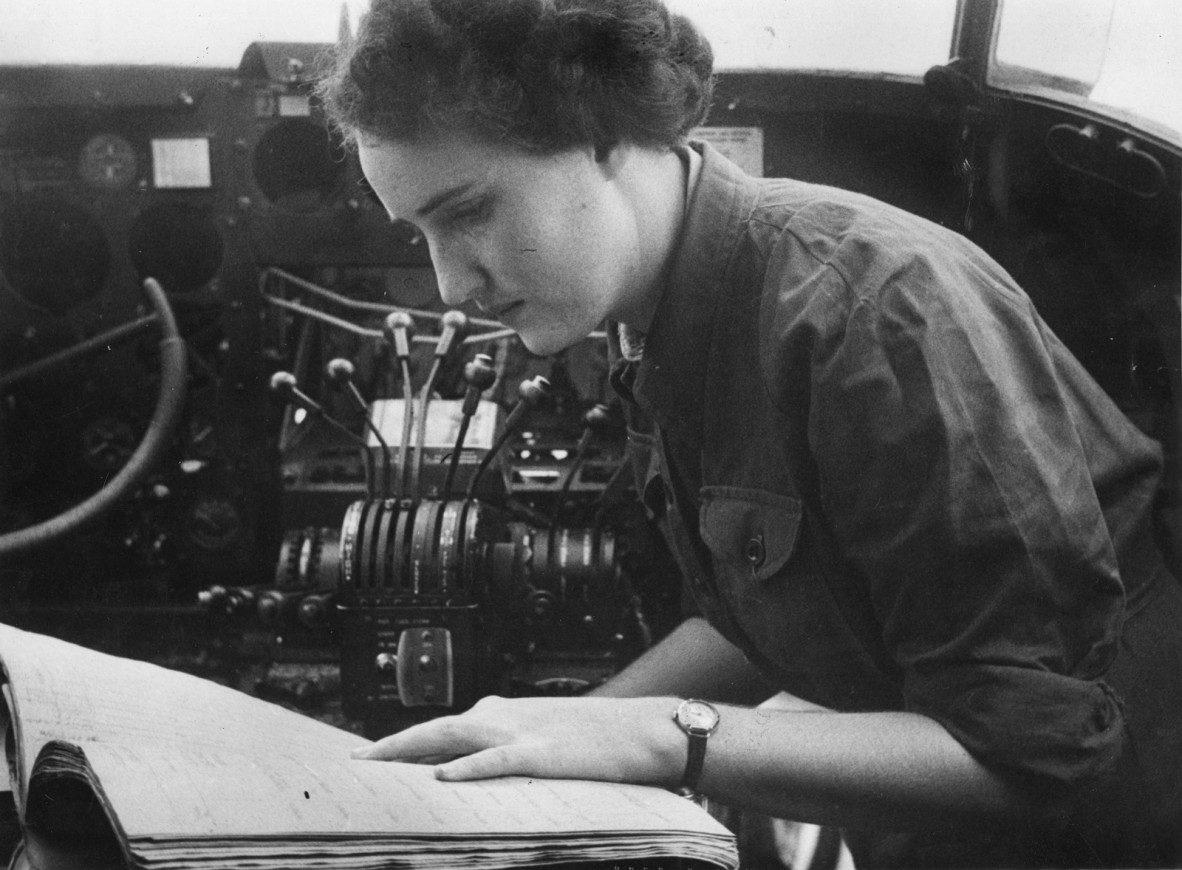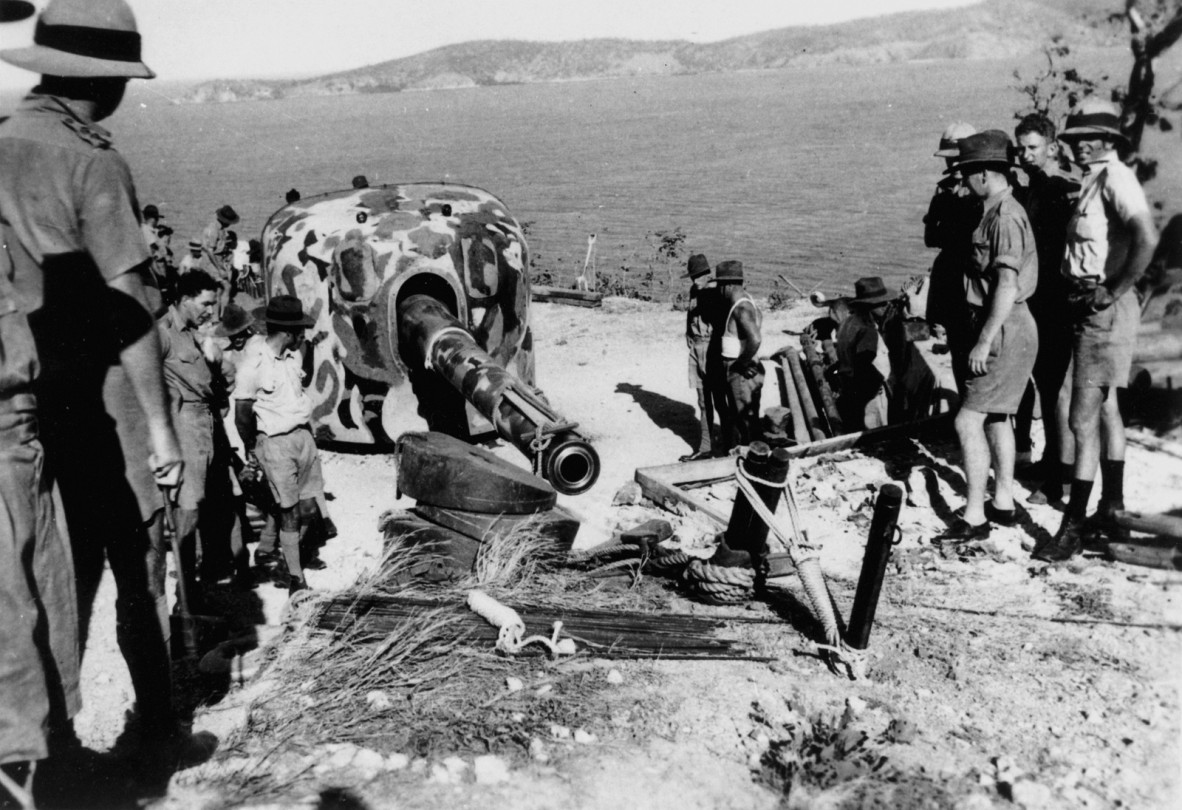75 Years: Victory in the Pacific Day Digital Stories and Oral Histories – Douglas Farmer, Veteran
By India Dixon, Librarian, Queensland Memory | 14 May 2021
The end of World War Two was officially ushered in on August 15, 1945, when Japan declared their surrender in the wake of two nuclear detonations over Hiroshima and Nagasaki. This declaration marked the end of a 6 year conflict that crossed continents and inspired the unprecedented mobilisation of the Australian people to the task of both homeland defence and international service.
Douglas Farmer, 76428, was a member of the Royal Australian Air Force, and his unique recollections of that time have been captured for State Library’s collections.
He was initially posted and trained in Maryborough, where he spent significant amounts of time with the RAAF and the WAAAF. Maryborough Airport was an important Queensland RAAF base during World War Two. The airbase was a facilitator of the Empire Air Training Scheme, which was a British-established scheme to deliver the initial training for Commonwealth air forces including Australia, Canada, and New Zealand. At the entry of America into the war, the Empire Air Training Scheme was suspended, but Maryborough remained active in Recruit Training for both RAAF and WAAAF. After completing his training, he was transferred to Sandgate, then through to international service. Douglas completed over 18 months of active service in Papua New Guinea.

Cpl. Joyce Paynter checking aeroplane parts inventory inside the plane's cockpit, March 1943. Negative number 161596, John Oxley Library, State Library of Queensland.
During his service overseas he encountered many of the sick, the wounded, and the captured. His tale of encountering a wounded Japanese soldier is as heart-warming as it is devastating.

Coastal artillery gun being moved for mounting on the slopes of Paga Hill in Port Moresby, Papua New Guinea, World War II, ca. 1943. Negative number 184734, John Oxley Library, State Library of Queensland.
Douglas has memories of the final victory announcement in Darwin, where he was stationed at the conclusion of the war.
After the conclusion of World War Two, Douglas was trained in carpentry as part of a program for returned service personnel, and was later employed by Kingaroy Railway Station for 18 years. His involvement with the RSL and Legacy has been longstanding, and he fondly recalls selling Anzac and Legacy badges.
Despite the encroachment of Alzheimer’s into his life, Douglas had hopeful messages to share for the future, and for the younger Australian generations.
You can view Douglas Farmer’s full oral history and digital story here:
World War Two veteran Douglas Farmer digital story and oral history, 75 Years: Victory in the Pacific digital Stories and oral histories, This Story Australia Ltd., producer, 2020, John Oxley Library, State Library of Queensland.
This activity was funded under the Commonwealth Government’s Saluting Their Service Commemorative Grants Program. Proudly supported by the Queensland Government.
View the catalogue record for the digital story
View other similar digital stories from the collection
View, comment or contribute your own Victory in the Pacific stories and photographs with Explorer
-
Explorer set: Victory In The Pacific Day
Comments
Your email address will not be published.
We welcome relevant, respectful comments.